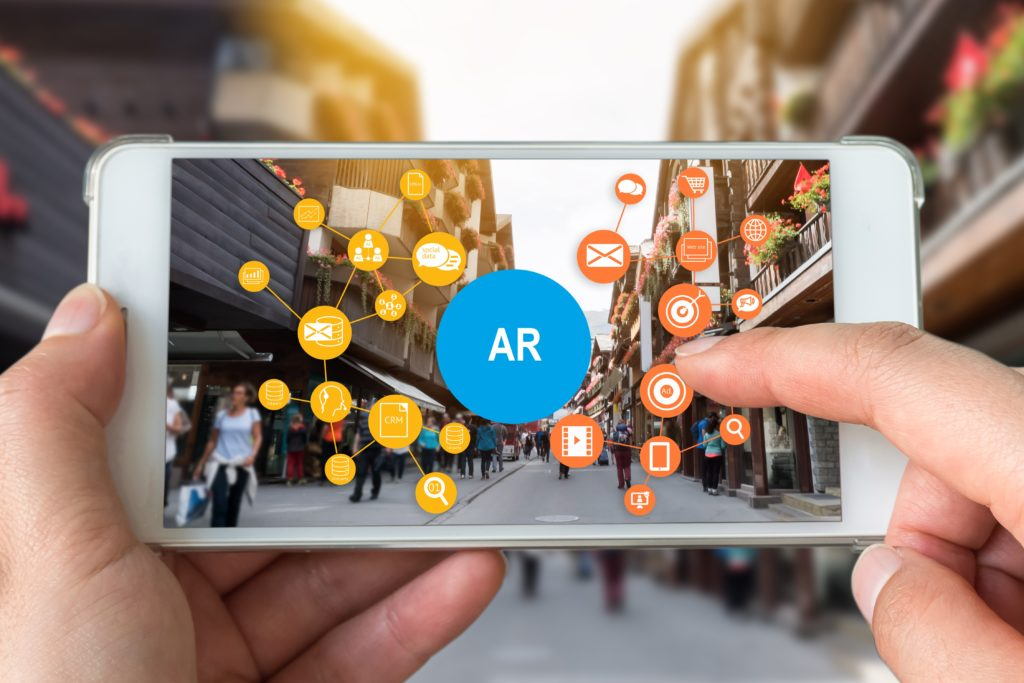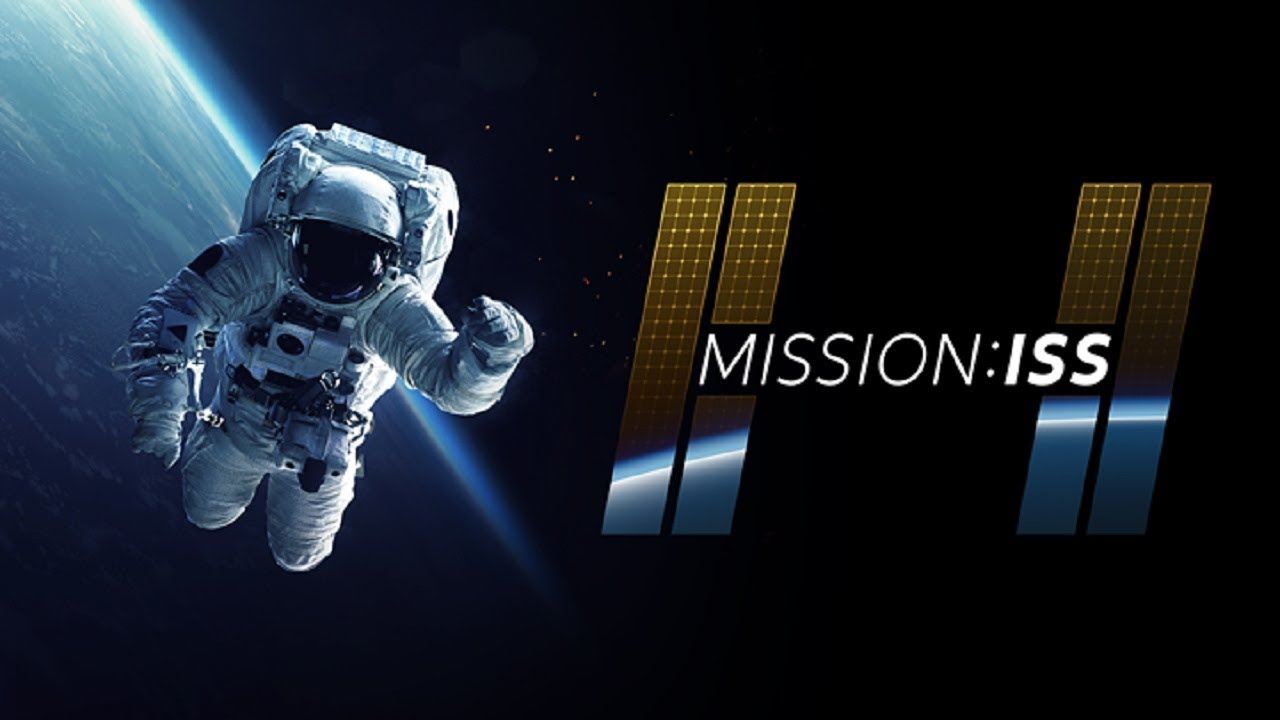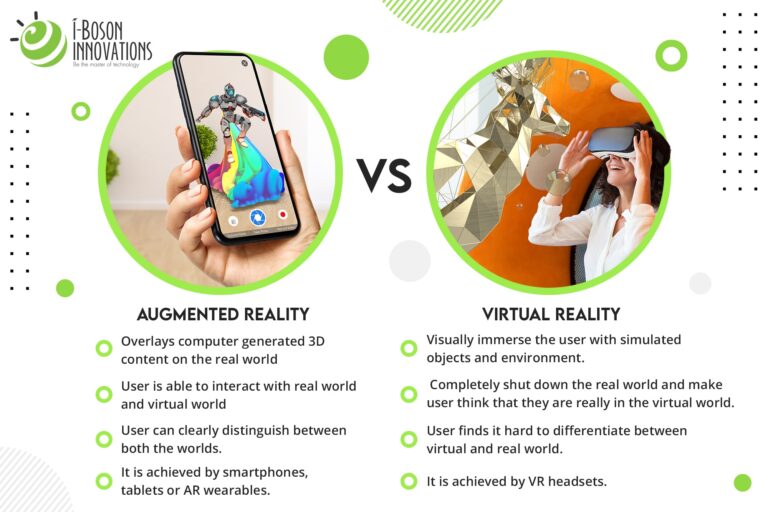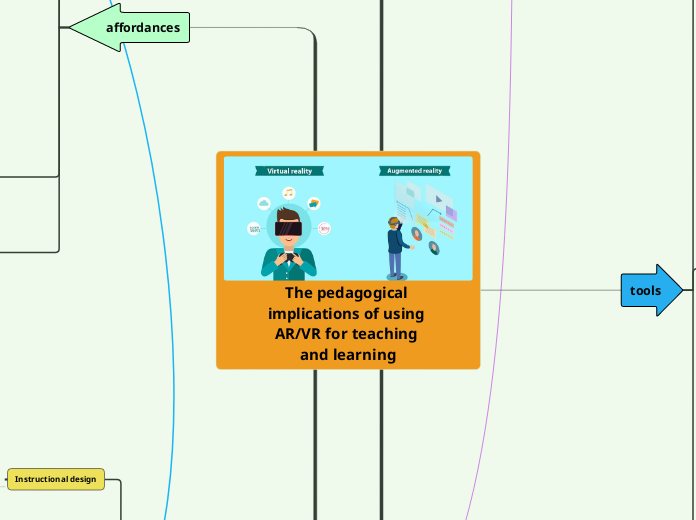
The pedagogical implications of using AR/VR for teaching and learning
Barriers
Financial concerns
Lack of classroom resources
VR tools (HMD)
Societal Concerns
Equity
Sociocultural /socioeconomic
School Networks
social development
Resource Concerns
Prepackaged programs not a good fit
Align with curriculum
Classroom Concerns
Teacher
AR/VR activities
Training
Time consuming
steep learning curve
Complexity of technology
Student
Novelty
Interest
Health Concerns
Cognitive Overload
tools
Hardwear

Head mounted devices

Cell phones

Google Cardboard
Augmented reality
Catchy Words

Pokemon Go

Waypoint EDU

Thinglink

Merge Cube
Virtual Reality

Co Spaces

Wander

Mission ISS
Applications
Visual Arts
Science/ Medicine
Laboratory Experiments
Engineering
Enterntainment
Field trips
Virtual Tours
affordances
Accessibility
geograpical barriers
reach more people
time
Resources
Deep learning
Achievement
Motivation
Multiple perspectives
cultural experiences
Bridge disciplines
technologial
psychological
pedagogical
avatars
Choice of learning
inquiry based learning
Presence
Real life
simulations
credentialing
Medical field
Impractical situations
low risk
Collaboration
Solution-oriented ideas
Instructional design
collaboration
VR companies and education stakeholders
Customizable classroom resources
using sound design principles
Constructivist approach to design
accessability
Policy changes in schools
Financial assistance
Pilot projects

Brilliant Labs

Let's Talk Science
Professional Development
Teachers train teachers
inexpensive apps and hardware
Google cardboard
cause
such as
due to
affect
affect
such as
and does not
affect
affect
such as
is often
due to
such as
lose

